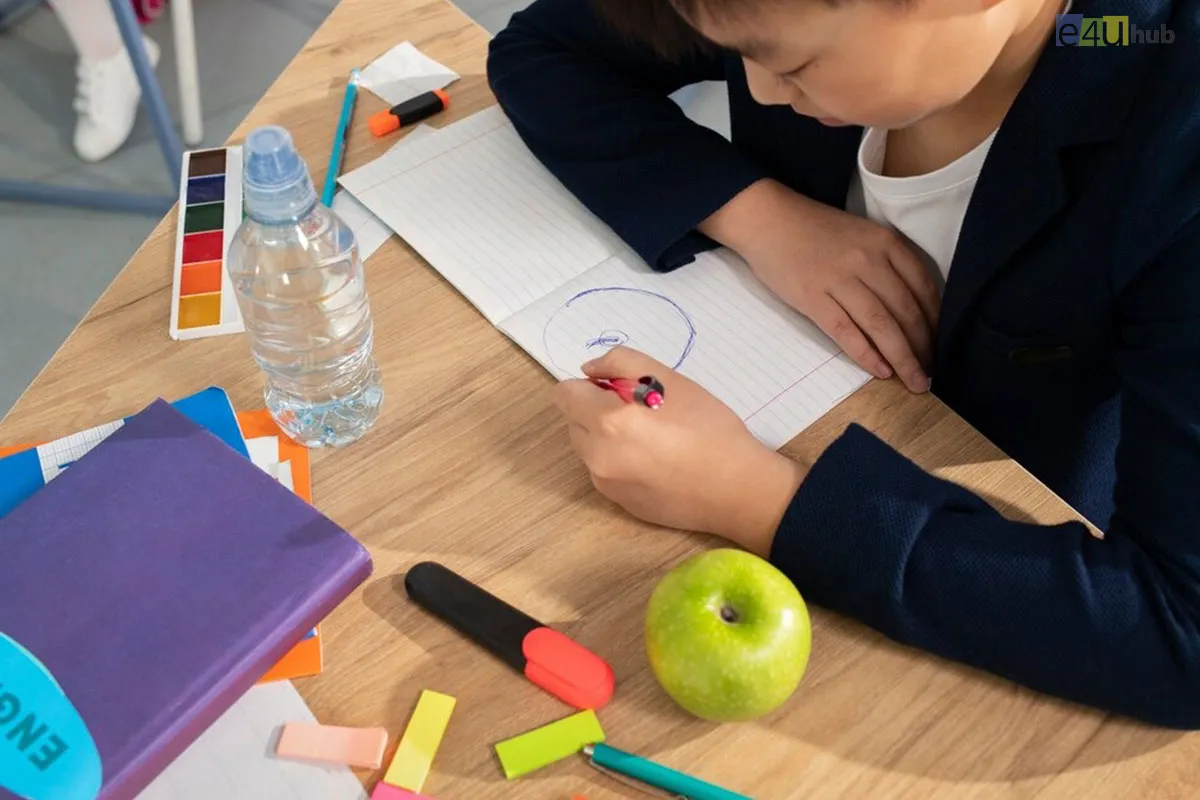
Provide tips and guidance on Parental Involvement in Education
- 31 Oct, 2023
- Education
- 429 Views
- 0 Comments
Parental involvement in education is crucial for a child's academic success and overall development. Here are some tips and guidance for parents to actively participate in their child's education:
1. Establish a Positive Attitude:
a) Show Interest: Demonstrate a genuine interest in your child's education. Ask about their day, their favorite subjects, and any challenges they might be facing.
b) Positive Reinforcement: Praise your child's efforts and achievements. Positive reinforcement boosts their confidence and motivation.
2. Communication with Teachers:
a) Attend Parent-Teacher Conferences: Regularly attend parent-teacher conferences to discuss your child's progress, strengths, and areas needing improvement.
b) Open Communication: Establish an open line of communication with teachers. Be proactive in reaching out if you have concerns or questions.
3. Create a Supportive Environment:
a) Designate Study Time: Set aside a specific time for homework and studying each day. Create a quiet, well-lit space where your child can concentrate.
b) Encourage Reading: Foster a love for reading. Read together, discuss books, and visit the library regularly.
4. Involvement in School Activities:
a) Volunteer: Offer to volunteer at school events, in classrooms, or in the school library. Your involvement shows your child that you value their education.
b) Participate in School Workshops: Attend workshops and seminars organized by the school to enhance your understanding of your child’s curriculum and learning methods.
5. Be a Role Model:
a) Demonstrate a Learning Attitude: Show your child that learning is lifelong. Pursue your interests and share your learning experiences with them.
b) Problem-Solving Skills: Demonstrate effective problem-solving and decision-making skills. Children learn a lot from observing how adults handle challenges.
6. Encourage Curiosity and Creativity:
a) Explore Interests: Support your child's hobbies and interests. Encourage them to explore various subjects and extracurricular activities.
b) Hands-on Learning: Engage in educational activities outside of school, such as museum visits, science experiments, or art projects at home.
7. Set Realistic Expectations:
a) Acknowledge Effort: Focus on your child's effort rather than just the grades. Acknowledge when they put in hard work, regardless of the outcome.
b) Encourage Perseverance: Teach the value of persistence and resilience. Learning from failures is a vital life skill.
8. Limit Screen Time and Provide Balance:
a) Set Screen Time Limits: Limit the time spent on electronic devices. Encourage outdoor activities, hobbies, and family interactions.
b) Family Bonding: Use dinner times to talk about school and daily experiences. Family bonding strengthens emotional connections.
9. Stay Informed:
a) Know the Curriculum: Stay informed about the curriculum, projects, and assignments. This knowledge helps you guide your child effectively.
b) Be Aware of Friends: Understand your child's social circle. Encourage positive friendships and address any concerns promptly.
10. Promote Independence:
a) Responsibility: Teach your child responsibility and organizational skills. Help them develop routines for completing homework and chores.
b) Decision Making: Encourage them to make age-appropriate decisions, fostering a sense of independence and confidence.
Remember, every child is unique. Tailor your involvement to your child's needs and interests. By being actively engaged, supportive, and encouraging, parents can significantly enhance their child's educational experience and contribute to their school and life success.















Leave a Reply